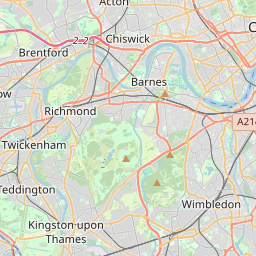Abuja FCT
Abuja FCT
Abuja, the capital city of Nigeria, is a bustling metropolis renowned for its modern infrastructure and strategic location. Situated in the heart of the country, it was carefully planned and developed to serve as a symbol of Nigeria's unity and progress. Founded in 1976, Abuja was established as a replacement for Lagos, the former capital city that had become increasingly overcrowded and congested. The decision to relocate the capital was aimed at decentralizing power and promoting national unity. The city's planners envisioned Abuja as a model of urban development, combining modern amenities with a respect for the environment and cultural heritage. One of Abuja's most striking features is its carefully planned layout. The city is divided into various districts, each with its own unique character and purpose. The Central Business District, or CBD, is the commercial heart of Abuja, featuring towering skyscrapers, shopping malls, and government offices. Other notable districts include the Diplomatic Zone, where embassies and foreign missions are located, and the Garki residential area, known for its upscale housing and vibrant social scene. Abuja's commitment to urban planning is evident in its extensive green spaces and parks. The Jabi Lake, a man-made lake surrounded by lush greenery, is a popular destination for recreation and relaxation. The Millennium Park, with its beautiful gardens and sculptures, offers a peaceful oasis in the heart of the city. In addition to its modern infrastructure, Abuja is also a cultural hub. The National Museum showcases Nigeria's rich history and heritage, while the National Theatre is a venue for performing arts and cultural events. The city's vibrant arts scene is reflected in its numerous galleries, studios, and creative spaces. Despite its many achievements, Abuja faces challenges such as traffic congestion, rapid urbanization, and social inequality. However, the city's planners and policymakers are working to address these issues and ensure Abuja's continued growth and development. In conclusion, Abuja is a dynamic and rapidly growing city that embodies Nigeria's aspirations for progress and modernity. With its carefully planned infrastructure, cultural attractions, and commitment to sustainable development, Abuja is poised to play a key role in shaping Nigeria's future.






